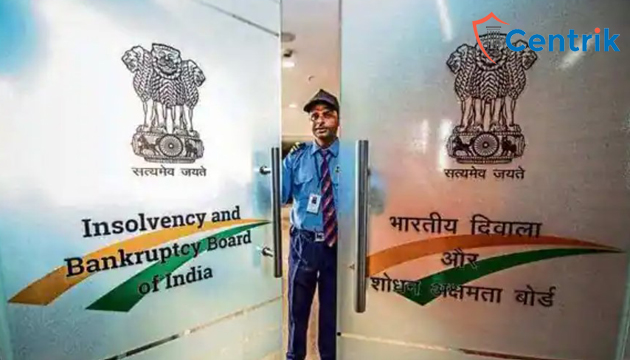
the advance copy of the Application for initiating CIRP under Section 7, Section 9, or Section 10 of IBC, 2016 needs to be served to the Insolvency & Bankruptcy Board of India.

CA. Venkata Siva Kumar, the petitioner, is a chartered accountant who has registered as an IP with the IBBI. In his writ petition, he claimed that the IBBI Regulations, 2016 are in violation of Articles 14, 19, and 21 of the Constitution and should be overturned.
The Insolvency and Bankruptcy Board of India (IBBI) appears to be in no mood to review amendments made in the bankruptcy code.
The complaint handling regulations have been implemented by Insolvency and Bankruptcy Board of India (IBBI). In the procedure, the complaint filing fee will be refunded to the stakeholder in case the complaint is found to be not “frivolous or malicious”. This will be applicable to all stakeholders, including creditors, debtors and service providers. A stakeholder … Continue reading “Complaint handling regulations are implemented by IBBI”
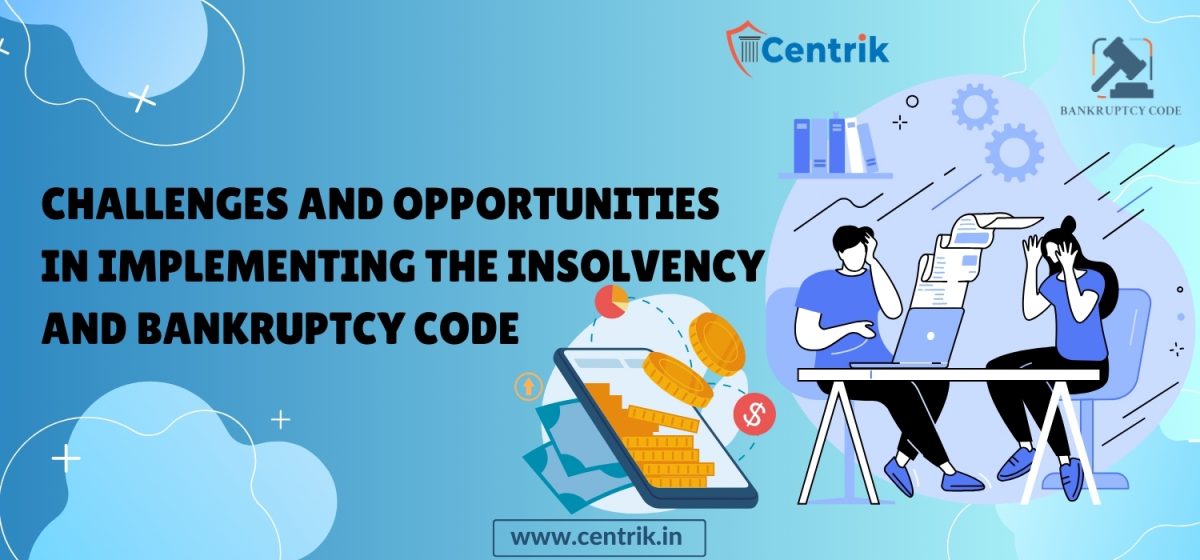
The Insolvency and Bankruptcy Code, 2016 (IBC) marks a significant milestone in the realm of insolvency and bankruptcy resolution in India. With its passage by Parliament and Presidential assent on May 28, 2016, the IBC revolutionized the legal framework surrounding insolvency and bankruptcy.

The designation and subsequent empowerment of an Insolvency Professional (IP) within the framework of a Corporate Debtor entail an array of responsibilities primarily focused on the effective management of the corporate entity.

The Insolvency and Bankruptcy legislation is a comprehensive legislation that contains all of the required provisions for providing a haven for business debtors in difficulty.
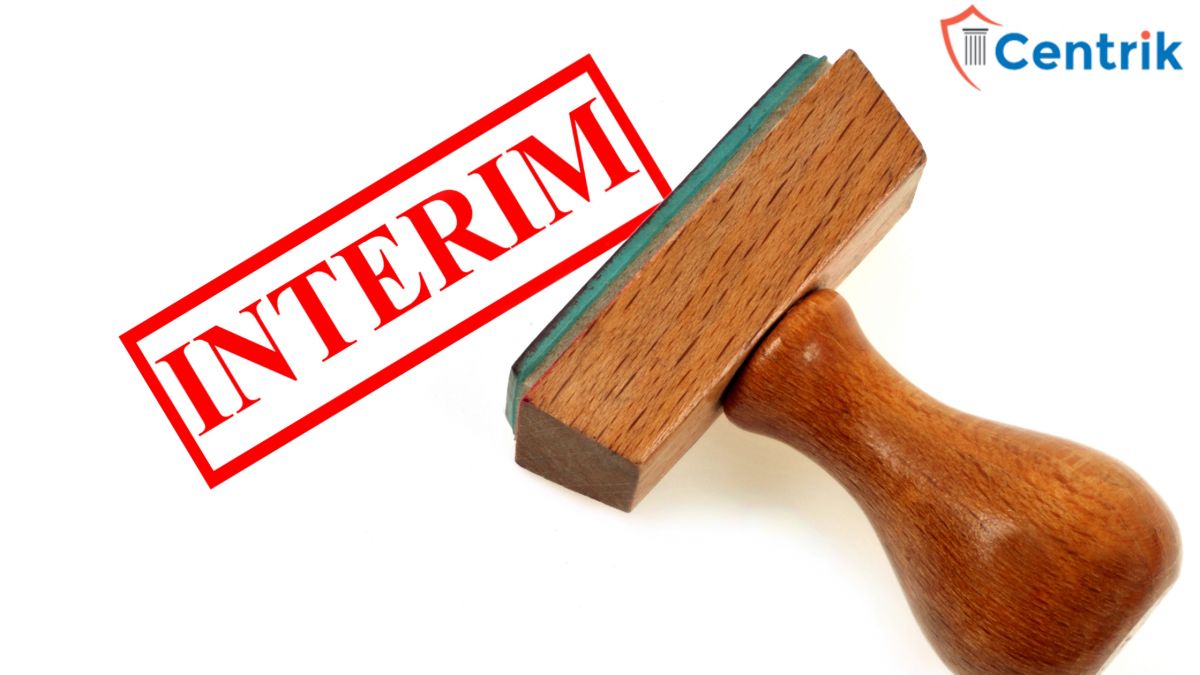
Interim Finance is defined under Section 5 (15) of the IBC, 2016 which means

The major challenges in the insolvency resolution of real estate companies arise from the peculiarities of this sector, especially since the divergent interests of the allottees of the real estate projects do not align with the scheme of the CIRP.
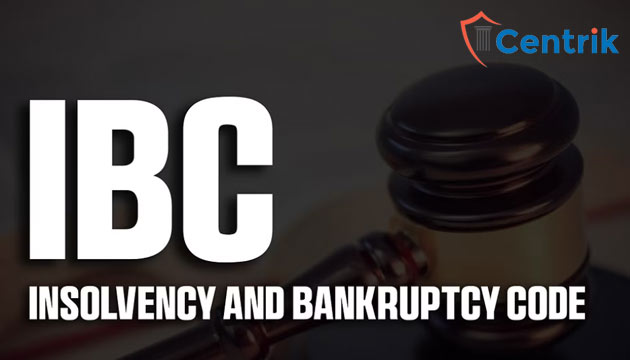
The issues that are adversely affecting the efficiency and effectiveness of the resolution process and for increasing the possibility of resolution, value of resolution plan, and ending timely resolution.

The fast track process which can be initiated by a creditor or the corporate debtor itself cuts down the time taken to complete an insolvency resolution to almost half as compared to the regular process under the IBC.
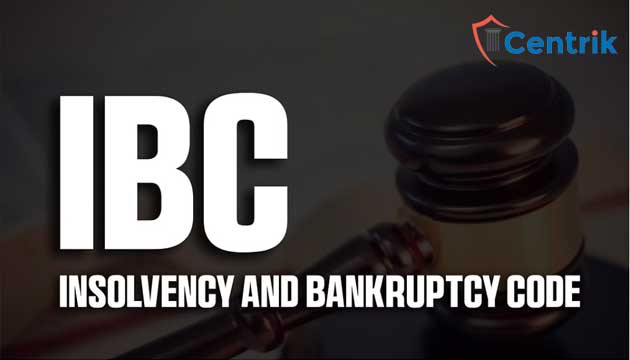
Main reasons for the delay is the spate of litigations by the promoters. Once the CIRP order is passed, the promoters get into the action with the sole objective of getting back the company at a cheaper price.

Machine learning, deep learning, artificial neural networks, rule-based expert systems, and natural language processing are a few examples of artificial intelligence technologies employed in worldwide insolvency and bankruptcy processes.

the Operational Creditors are only entitled for minimum of the Liquidation Value and NIL payment to Operational Creditors in case the Liquidation Value is NIL, does not contravene the provisions of Section 30(2)(b) of Insolvency & Bankruptcy Code, 2016.

The resolution professional (RP), appointed under the Code, is at the heart of these endeavors and has the mandate to complete this process in a time-bound manner.














 join For Updates
join For Updates